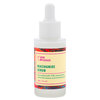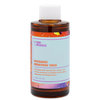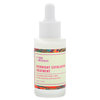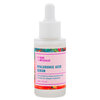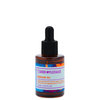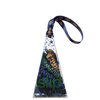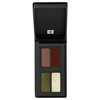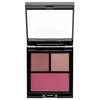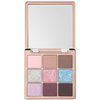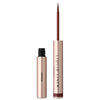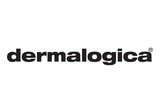
Did you know that the location of your blemish can tell you how it got there in the first place? Beautylish got the lowdown on “pimple geography” from Dermalogica Director of Global Education, Annet King. Learn why your zits can give you clues about other issues in your body.
The International Dermal Institute created face mapping, a skin analysis system that divides your face into 14 zones that you can individually analyze and treat. “The concept came to us one day as we discussed the fallacy of traditional skin treatment,” Annet says. “We always taught classes on Chinese face reading and skin analysis, so it seemed advantageous to combine both schools of thought. The East looks at the body—how the organs are mapped out on the face and their possible imbalance. The West is founded on skin type and condition, product use and habits. Both aspects are so important when treating skin.”
What about skin issues on the body? “There are a lot of sebaceous glands in the chest and back area. It’s very common for boys and women who suffer from facial acne to have body breakouts as well. However, if someone who doesn’t suffer from blemishes has body acne, look into outside factors. Synthetic clothing, perfume and congesting hair products might be the culprit. Luckily, traditional eastern medicine also addresses body acne as well. In Chinese diagnosis, the chest and back relate to issues in the lungs, if all other reasons have been ruled out.” Let’s take a look at the different zones on your face and see what triggers acne.
**Zones 1 & 3 **
Forehead
Traditionally, the forehead connects to your digestion. If you break out in this area, improve your elimination by drinking water and eating “whole” foods. You could possibly suffer from a food intolerance (like wheat or gluten).
Zone 2
Center Forehead
The middle of the forehead, between the eyebrows, connects to the liver. Congestion and breakouts could be related to consumption of alcohol and rich foods or a food allergy (like lactose intolerance). Avoid eating late at night and cut back on the wine and cheese.
**Zones 4 & 10 **
Ears
The ears connect to the kidneys. If they swell or feel hot, reduce inflammation by cutting down on the caffeine.
**Zones 5 & 9 **
Cheeks
Your cheeks indicate respiratory issues. Smokers or those who are allergy-prone typically notice fine, broken capillaries and clogged pores. Quit smoking and begin an antihistamine regimen (if you’re not on one already) to clear this congested area.
**Zones 6 & 8 **
Eyes
The eyes, like the ears, connect to the kidneys. Diminish dark circles and brighten those peepers by drinking more water and streamlining your digestion.
Zone 7
Nose
Your nose indicates blood pressure. If it becomes red and abnormally inflamed, your blood pressure level is probably higher than usual.
Zone 12
Chin
Chin breakouts are regulated by hormones and tend to freak out before and after your period.
Zones 11 & 13
Corners of the mouth
The corners of your mouth connect to the ovaries, and often break out during menstruation.
Zone 14
Neck Area and Temples
Breakouts in the neck area and temples relate to adrenal stress. Our two adrenal glands, located above our kidneys, secrete vital hormones. If these glands function abnormally, you may feel sluggish and stressed throughout the day, and you could break out. Remember, the skin on your neck is just as important as your face, don’t forget to take care of it!
Annet King, Director of Training and Development for The International Dermal Institute (IDI), is both CIDESCO and CIBTAC certified with more than 18 years of skincare experience. She develops the extensive IDI curriculum, oversees the training of nearly 200 instructors worldwide and is recognized globally for her training abilities, and expertise all things skin and body.
You Might Also Like
-

outFit with Kit
Body By Kit: Is Too Much Protein Making You Fat?
- 169
-
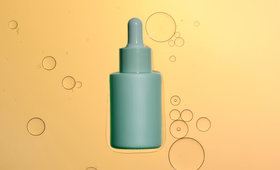
Expert Skin Care Advice
What is Retinol?
- 320
-

Beauty Detox
Beauty Detox: Glowing Skin Salad
- 200
-
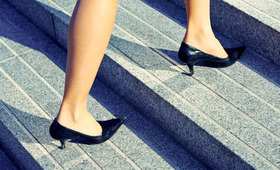
Fitness
5 Small Steps To Change Your Body Dramatically
- 573
-
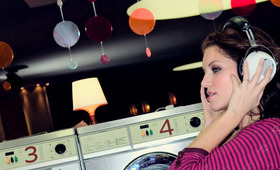
Expert Skin Care Advice
All About Ears
- 77
-

Nutrition
Super Summer Breakfast Smoothie
- 796
-

Beauty Detox
Beauty Detox: Skin-Brightening Summer Mocktail
- 1096
-

Top 3
All Natural Stress Soothers
- 172





